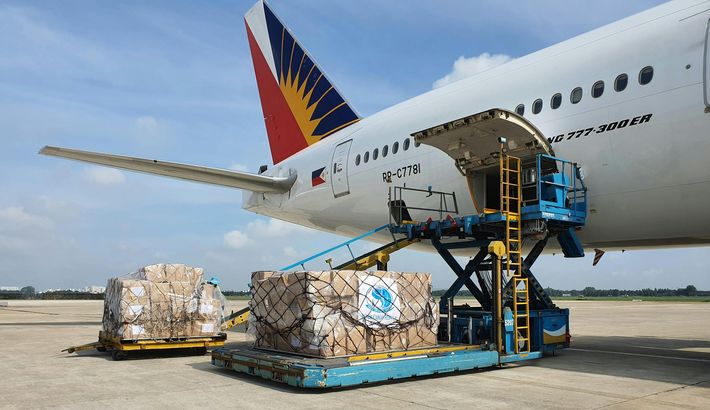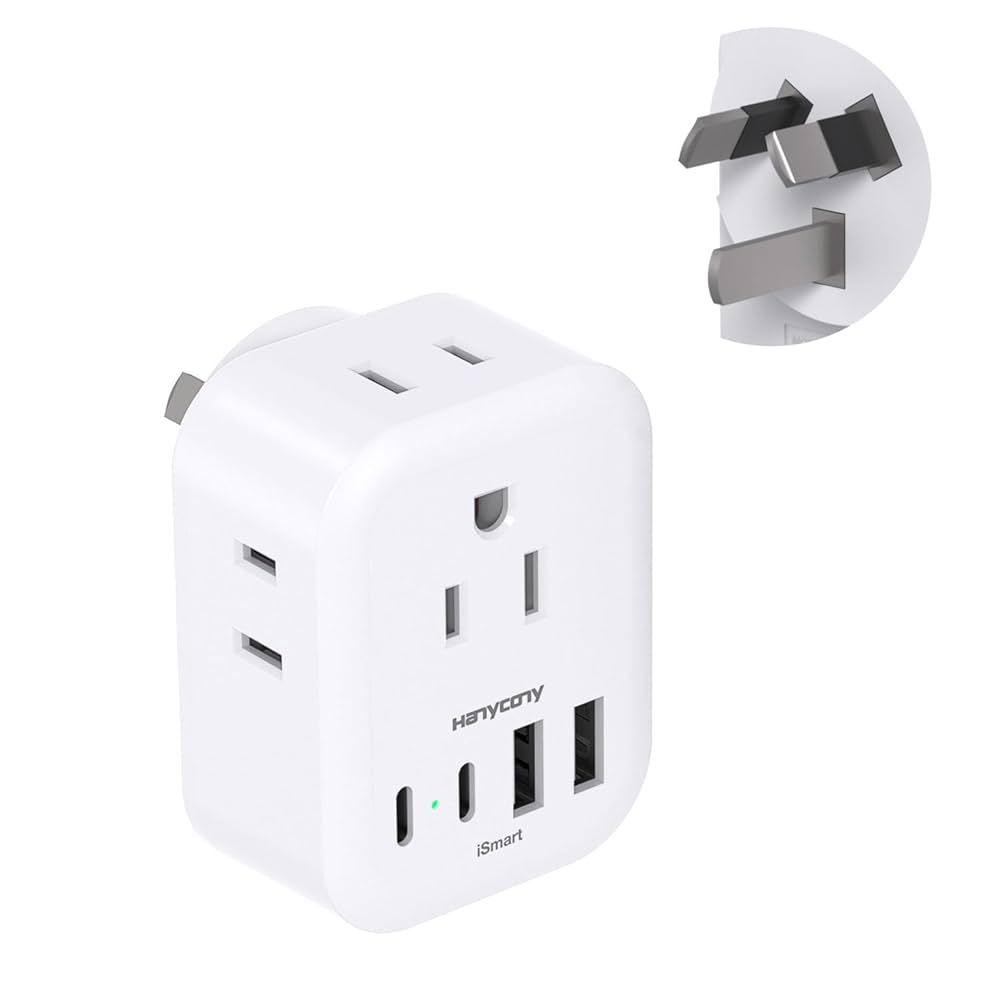Planning a trip to Australia from the USA? Before you pack your bags, there are some important things you need to know.
From visas to travel documents and health requirements, missing even one detail can turn your dream vacation into a stressful experience. In this guide, you’ll discover exactly what you need to prepare so your journey goes smoothly. Keep reading to make sure nothing stands between you and your adventure Down Under.
Visa Requirements
Travelers need a valid visato enter Australia from the USA. The main visa typesinclude Tourist, Business, Student, and Work visas. Each visa has different rules and allowed stay durations.
The application processis mostly done online. Applicants must fill out forms, upload documents, and pay fees. It is important to provide accurate information to avoid delays.
| Visa Type | Purpose | Processing Time | Fees (USD) |
|---|---|---|---|
| Tourist Visa | Holiday or visit family | 1-3 weeks | $145 |
| Business Visa | Business meetings or conferences | 1-3 weeks | $145 |
| Student Visa | Study at Australian schools or universities | 4-6 weeks | $620 |
| Work Visa | Employment in Australia | 2-8 weeks | Varies |

Credit: us.meest.com
Passport Essentials
Your passport must be valid for at least six monthsbeyond your planned stay in Australia. Airlines and immigration officials often check this rule strictly. Expired or near-expiry passports can cause denial of boarding or entry.
Renew your passport well before the trip if it is close to expiring. Many countries require passports to be valid long after the travel date to avoid problems. Renewing early gives you peace of mind.
- Check the expiration date at least 3 months before travel.
- Apply for renewal online or at your local passport agency.
- Allow several weeks for processing, especially during busy seasons.
- Use expedited services if you need your passport quickly.
Health And Vaccinations
Travelers to Australia from the USA need some important vaccinations. These include vaccines for measles, mumps, rubella (MMR), tetanus, and influenza. Check your vaccination records to see if you are up to date.
Some travelers may require vaccines for hepatitis A and Bor typhoid, depending on travel plans. Consult a healthcare provider for advice specific to your trip.
Travel health insurance is highly recommended. It covers medical costs if you get sick or hurt abroad. Make sure your plan includes emergency evacuationand hospital stays.

Credit: www.amazon.com
Flight And Travel Planning
Booking flights early helps get the best prices and seats. Choose flights with suitable departure and arrival times. Direct flights are faster, but layovers might be cheaper. Check airline policies for baggage and cancellations.
Layovers can vary from short to long waits. Some countries require transit visas, even if you do not leave the airport. Confirm transit rules for each stop on your route. Follow all health and safety rules during layovers.
| Transit Rule | Details |
|---|---|
| Transit Visa | Needed in some countries during layovers, even without leaving airport. |
| Layover Time | Short layovers may risk missing connections; longer ones may require extra planning. |
| Health Checks | Follow COVID or other health rules at each transit point. |
Customs And Import Rules
Allowed itemsinclude personal clothing, medicines with prescription, and small amounts of food like snacks and fruits. Travelers can bring electronic devices such as phones and laptops. Books and souvenirs are also permitted. Carrying cash under $10,000 USD is allowed but must be declared.
Restricted and prohibited goodscover fresh fruits, vegetables, plants, and seeds. Meat and dairy products usually need special permits. Weapons, drugs, and hazardous materials are banned. Some medications require approval from Australian authorities. Always declare all items to avoid fines or delays.
| Category | Allowed Items | Restricted/Prohibited Items |
|---|---|---|
| Food | Snacks, dried fruits | Fresh fruits, vegetables, seeds |
| Medicines | Prescription medicines | Some medications without approval |
| Others | Clothing, electronics, books | Weapons, drugs, hazardous items |
Currency And Money Matters
The currency used in Australia is the Australian Dollar (AUD). Currency exchange is easy at airports, banks, and many hotels. Exchange rates can vary, so it is smart to check rates before exchanging money.
Using credit and debit cardsis common in Australia. Most places accept Visa, MasterCard, and American Express. Contact your bank to let them know about your travel plans to avoid card blocks.
- ATMsare widely available and usually offer good exchange rates.
- Cash is handy for small purchases and tips.
- Some remote areas may only accept cash.
Local Laws And Etiquette
Australia has strict rulesto keep everyone safe. Visitors must follow these rules carefully. Carrying illegal drugs is a crime. Smoking is banned in many public places. Always use designated areas for smoking. Drinking alcohol in public places is often not allowed. Obey traffic laws and wear seat belts. Driving is on the left side of the road.
Respect the environment.Do not litter or damage plants and animals. Some beaches and parks have special rules. Follow signs and instructions from park rangers.
- Always carry valid ID or passport.
- Use polite language and gestures.
- Queue patiently in public places.
- Dress modestly when visiting religious sites.
- Ask before taking photos of people.

Credit: www.anker.com
Frequently Asked Questions
What Documents Are Required To Travel To Australia From The Usa?
You need a valid U. S. passport and an Australian visa. Tourist visas are commonly used for short visits. Additionally, proof of onward travel and sufficient funds may be requested at entry.
Do I Need A Visa To Visit Australia From The Usa?
Yes, U. S. citizens must obtain a visa before traveling. The Electronic Travel Authority (ETA) is popular for tourists. Apply online and receive approval quickly before your trip.
Are There Specific Covid-19 Requirements For Travel To Australia?
Australia may require proof of vaccination or negative COVID-19 tests. Check the latest government updates before traveling. Rules change frequently, so stay informed to avoid travel disruptions.
Can I Bring My Medication To Australia From The Usa?
You can bring personal medications but carry a doctor’s prescription. Some medicines are restricted or require permits. Verify the Australian regulations on controlled substances before traveling.
Conclusion
Planning a trip to Australia? Ensure you have all essentials. A valid passport and visa are crucial. Don’t forget health insurance for peace of mind. Check flight and accommodation bookings. Pack appropriate clothing for Australia’s diverse weather. Research local customs and rules.
This makes your travel smooth. Prepare your itinerary and explore Australia’s wonders. From Sydney’s Opera House to the Great Barrier Reef, adventure awaits. Enjoy the unique wildlife and stunning landscapes. A well-prepared trip ensures memorable experiences. Safe travels!

